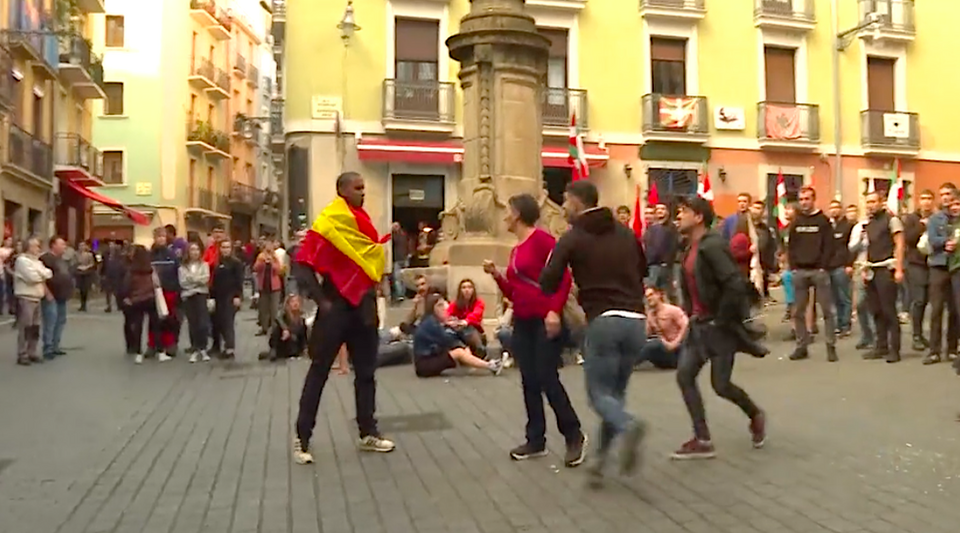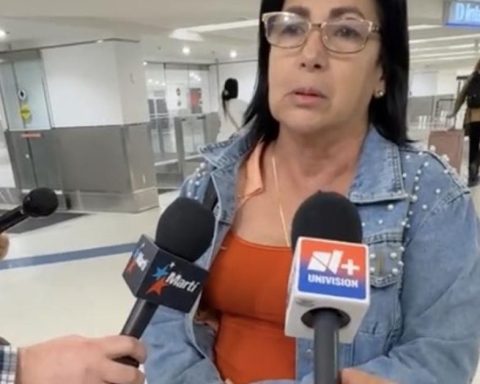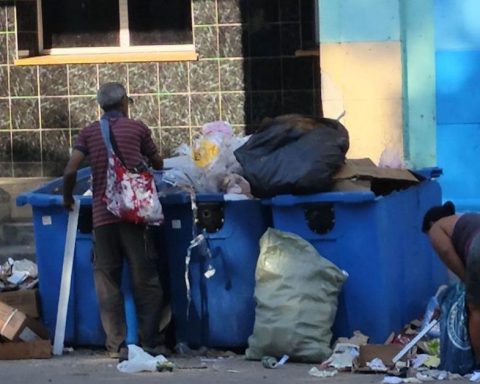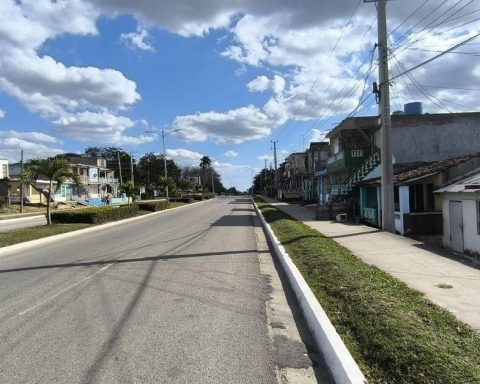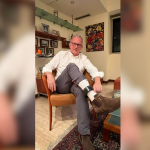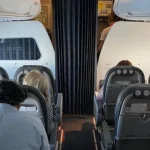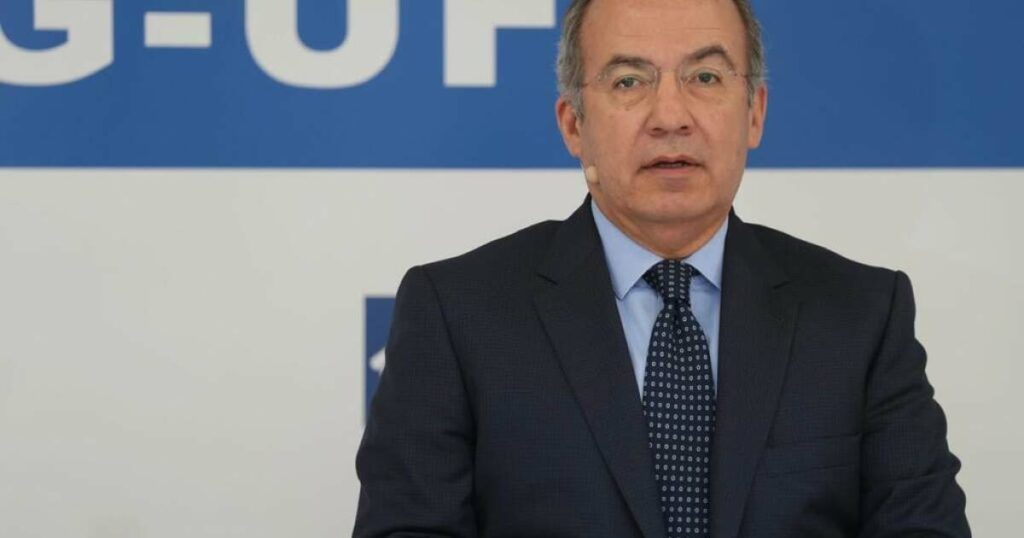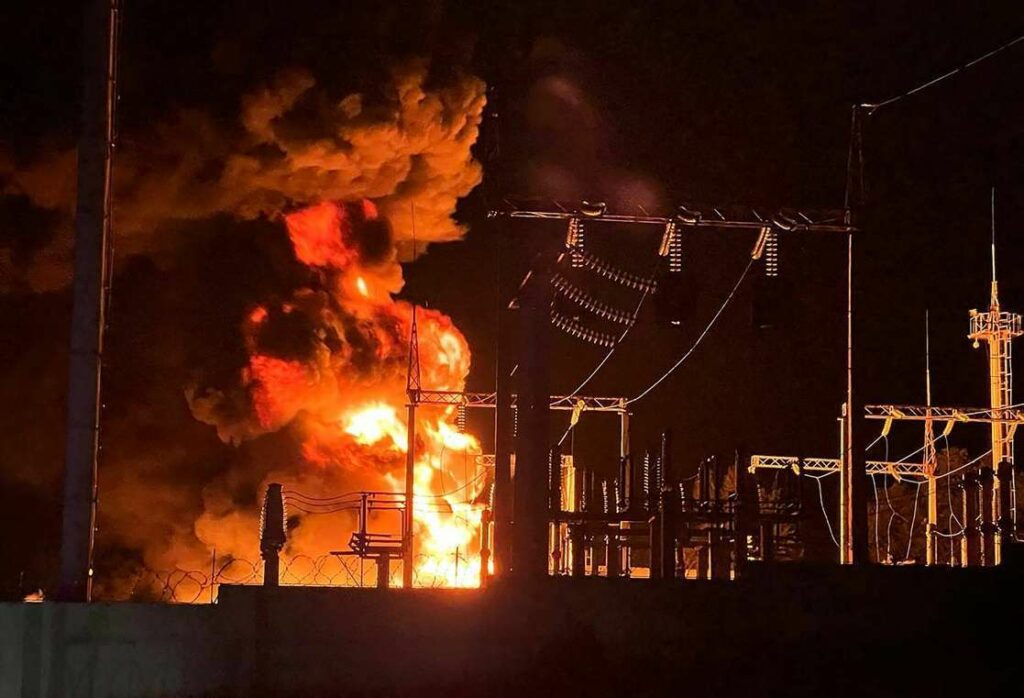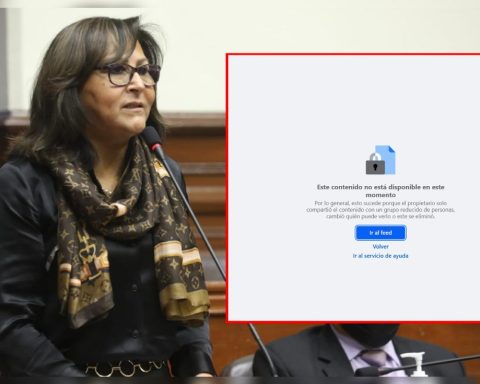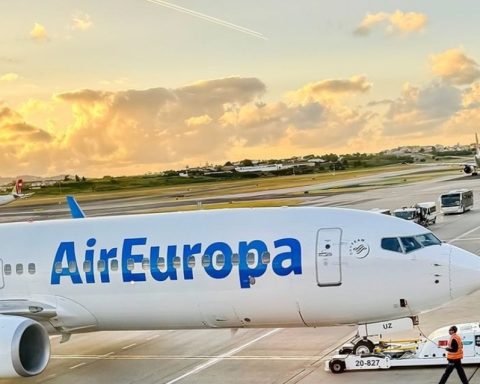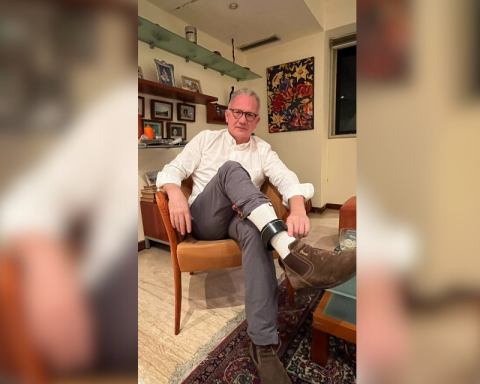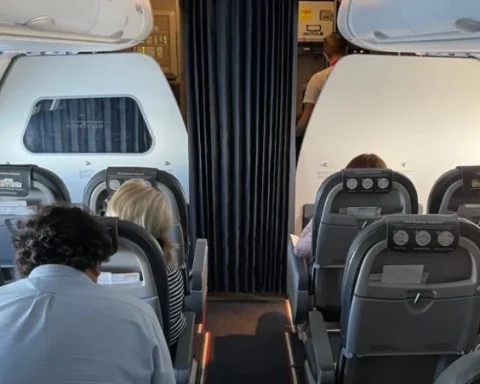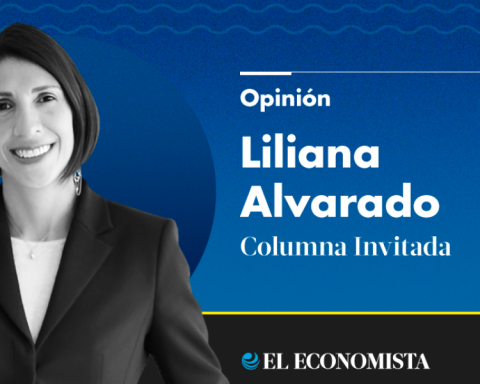Cuban Lázaro Luis Pons Pérez, who has lived in Navarra for ten years, took to the streets of Pamplona on October 12 with the Spanish flag on his shoulders.
In the center of the city, a group of Basque nationalists from the left or abertzales protested against the celebration of Columbus Day. When they saw Pons with the Spanish flag, they began to insult him: “Black, go back to your country, you can’t be here: this isn’t Spain.” Pons remained firm and serene.
“I didn’t go out to provoke anyone,” says the man, interviewed by 14ymedio. “First of all, I am Cuban,” he clarifies over the phone, “but I have the right to walk the streets with the flag of this country, of which I also feel a part.”
The abertzales They tried to snatch the flag to burn it, since one of the postulates of their ideology is independence from Spain. One of them approached him and spit at him. He spat back and then they tried to hit him.
“They started yelling ‘take the flag away!’ and ‘let’s kill him!'”, says Pons, who had to dodge the punches and did not attack any of them. The nationalists did not dare to confront him directly, they cornered him in a group and jumped close to him without being able to snatch his banner.
At the same time, one of the demonstrators approached a cameraman from Navarra Television who recorded the scene and broke his camera. The video, however, could be broadcast on the local network.
“I know them,” he says, “it’s not the first time I’ve seen them.” Pons is founder of the Cuban Association in Navarra (Acuna) and it is common for abertzales try to sabotage their demonstrations and appear shouting slogans in favor of the Revolution, Fidel Castro and Che Guevara.
“The best thing in the world is respect,” he says, “Everyone chooses their ideology in this country. There is freedom to think and act for oneself. I respect them, even if I don’t agree and even if, on the contrary, They are provocateurs.”
The assailants dispersed and Pons returned home to avoid another confrontation. “If nothing in Cuba prevented me from saying ‘Down with Fidel!’ Now I’m not going to shut up because of them,” he assures.
For Pons, celebrating Columbus Day is to remember the Island’s links with the country that welcomed him in exile. In addition, the date also evokes, due to its proximity to Cuban Independence Day, the moment in which Carlos Manuel de Céspedes freed his slaves and invited them to fight for freedom.
“It is the same freedom that I have now achieved in Spain,” says the man, who worked as a teacher at the School of Sports Initiation (Eide) and at the Higher School of Athletic Improvement (Espa) in Villa Clara.
“With the 11J protests, a group of Cubans met spontaneously in Pamplona. From that moment we knew we had to create an association”
He is still capable of reciting the streets of Santa Clara and locating his old neighborhood well, near the Cardiocentro and not far from Parque Vidal.
He emigrated thanks to his marriage to a Spanish citizen with whom he fell in love in Cuba. “My wife supports me and defends our cause. She is Spanish and Navarrese, but she is also very Cuban,” he says.
“With the 11J protests, a group of Cubans met spontaneously in Pamplona. Many journalists interviewed us about what was happening on the island. From that moment we knew we had to create an association.”
This is how Acuna was born, of which Pons turned out to be vice president, whose objectives are to help Cuban political prisoners with food, money and whatever can be sent to their families. In addition, they welcome recent emigrants, looking for jobs, food and lodging in Navarra.
The Cuban states that violence only begets more violent actions, but that it may be Cuba’s only alternative at this point. “You have to fight in the streets,” he says, “and unfortunately it won’t be peaceful. The streets are the only way: until they hand over power.”
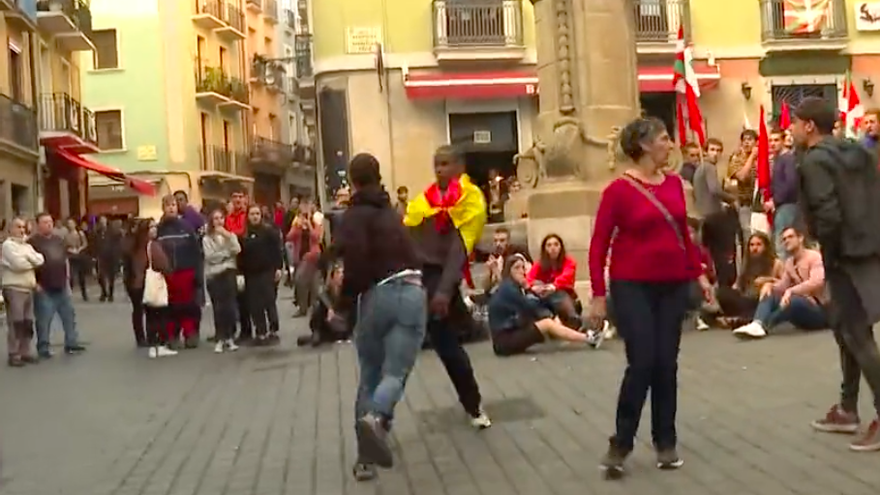
Concerned about the infiltration of State Security agents in Spain, Pons also denounces that many companies launder money from the island’s dictatorship in Europe. “There is a lot of complicity: those spies would never have entered en masse if it weren’t for the Spanish president, Pedro Sánchez,” he says.
Cuban diplomacy promotes reactions and attacks such as that of the abertzales –frequently extolled by the Cuban official press– in Pamplona, Pons refers. “When we managed to get the Navarra government to cancel some aid it had for the regime, the consul himself told me to forget about going to Cuba.”
“Why do I want to go?” says Pons, whose mother died last year and who has little family left in Santa Clara. “When I went to see her, three years ago, I visited many friends. They all had resigned and sad faces. I came back and told my wife: I’m not going anymore.”
Pons’ work does not stop. The racist and xenophobic aggression of the Basque nationalists has given more visibility to exile on the island and demonstrates, for the man, the intolerance that characterizes the Spanish radical left: the same one that finances the Cuban regime with public money.
There is another sector: the one that has a romantic vision of the Revolution. “You have to explain history well to those, because they think that Cubans are protesting against the ‘blockade’.”
“We are alone,” laments Pons, commenting on the complicity of many governments with the Cuban regime. “I always tell my colleagues on the island not to expect anything from the European Union or the United States, that a long time ago they could have supported Cuban democracy and they don’t because they don’t feel like it.”
“It is important to clarify that I have no ties to any political party here or anywhere. My association is one: Acuna,” he says, since several political representatives have contacted him since October 12, asking about him and asking what they can do for Cuba.
“I don’t want anything,” he says, “only for those who do it to stop sending money to Díaz-Canel. We have to travel the road to freedom.”
________________________
Collaborate with our work:
The team of 14ymedio is committed to doing serious journalism that reflects the reality of deep Cuba. Thank you for joining us on this long road. We invite you to continue supporting us, but this time becoming a member of our newspaper. Together we can continue transforming journalism in Cuba.
